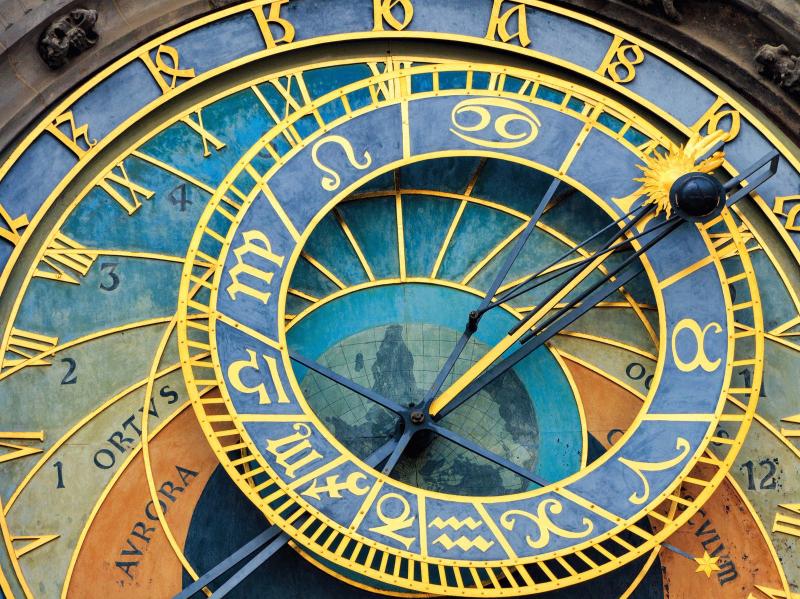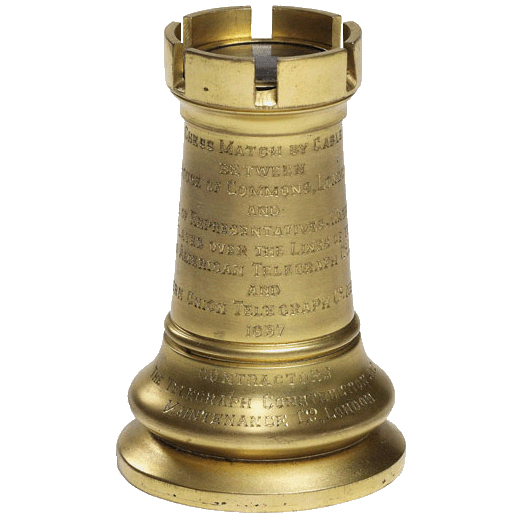Karl Popper, Science, and Pseudoscience



The notion of pseudoscience was recently introduced in a seed. In this case biochemical evolution was deemed to be pseudoscience.
Pseudoscience ( per Oxford ) = " A collection of beliefs or practices mistakenly regarded as being based on scientific method ." Thus the claim is that the foundation of modern biology (biochemical evolution) is not based on the scientific method. That is, it is not a formalized explanation based on highly scrutinized evidence that is both falsifiable and predictive.
This suggests to me that not everyone understands the concept of the scientific method and in particular the meaning of the label pseudoscience. Ergo a brief but well done YouTube explanation is offered to those who will actually listen and attempt to understand.








The scientific method drives scientists to be their worst critics - to spend most of their time trying to disprove their own theories before releasing them for peer review and intelligent challenges.
No wonder they're so neurotic!
Science is a hoax-- only Jesus is the answer!
it's really, really, really, shall we say unfair, to post something like that without a warning
or a fast forward option !!!
LoL
Well, admittedly it is a derail (amongst other things!). But I was getting tired of so much of the bipartisan bickering here -- and thought we needed to lighten up a bit-- if only for a few minutes!
Oops.......see 1.2.4
Not a concern. I was simply noting that this is about critical thinking. Critical thinking should apply to politics (and religion) but it does not seem to. Works for me to discuss the lack of critical thinking in politics. I just don't want to bring Kavanaugh, et. al. into this seed.
Popper and falsifiability are things which need to be taught at the high school level if not before despite other aspects of Popper's philosophy of science being far too advanced for that.
It's kind of amazing that science got as far as it did without falsifiability given how fundamental it is to the scientific method, and how recent an innovation the concept of falsifiability really is. Its merit was still being debated well into the 1960s and even more recently in certain contexts.
In addition, kids should understand that the path to truth is based on objective analysis of evidence. Basically follow the evidence to where it leads - not where you want it to lead. Falsifiability enables one to keep human bias in check by actively challenging one's hypotheses and theories.
This is of course the exact opposite of the human tendency to confirm what one desires. The scientific method is likely the best discipline we have today for mitigating confirmation bias. If only this could be extended to politics and religion.
Yep.
Confirmation bias , is the tendency to search for, interpret, favor, and recall information in a way that confirms one's preexisting beliefs or hypotheses. It is a type of cognitive bias and a systematic error of inductive reasoning.
People display this bias when they gather or remember information selectively, or when they interpret it in a biased way.
People also tend to interpret ambiguous evidence as supporting their existing position. (link)
Of course some people want to cling to their biases.
Assuming, of course, that people wish to keep their biases in check. (lol?)
Many people claim to want freedom-- but do they? At first true freedom can be scary . . .
Tired of Clinging
by Richard Bach ( Jul 07, 2008 )
Once there lived a village of creatures along the bottom of a great crystal river. The current of the river swept silently over them all - young and old, rich and poor, good and evil, the current going its own way, knowing only its own crystal self.
Each creature in its own manner clung tightly to the twigs and rocks at the river bottom, for clinging was their way of life, and resisting the current what each had learned from birth.
But one creature said at last, 'I am tired of clinging. Though I cannot see it with my eyes, I trust that the current knows where it is going. I shall let go, and let it take me where it will. Clinging, I shall die of boredom.'
The other creatures laughed and said, 'Fool! Let go, and that current you worship will throw you tumbled and smashed across the rocks, and you shall die quicker than boredom!'
But the one heeded them not, and taking a breath did let go, and at once was tumbled and smashed by the current across the rocks.
Yet in time, as the creature refused to cling again, the current lifted him free from the bottom, and he was bruised and hurt no more.
And the creatures downstream, to whom he was a stranger, cried, 'See a miracle! A creature like ourselves, yet he flies! See the Messiah, come to save us all!'
And the one carried in the current said, 'I am no more Messiah than you. The river delights to lift us free, if only we dare let go. Our true work is this voyage, this adventure.'
But they cried the more, 'Saviour!' all the while clinging to the rocks, and when they looked again he was gone, and they were left alone making legends of a Saviour.
-- Richard Bach, from "Illusions"
Exactly. Things like confirmation bias and the philosophical underpinnings of science can be taught with fairly simple and clear contrasting examples. It's the mindset and the basic methodological approach which are important. One doesn't need to have studied symbolic logic or even the philosophy of science to do that.
.
I think it does if the political and religious affiliation of scientists is any hint. Only 6% of scientists are Republicans.
What role, if any, do you see for Intuition in Science?
Intuition (and imagination in general) is very much a part of science. But before the intuition is deemed valid it must be objectively found to be supported by the evidence. That is the key difference between the scientific method and other forms of coming to conclusions. The scientific method allows for imagination upfront but bad imagination is eventually weeded out through formal, objective methods.
If intuition weren't important than we could probably automate scientific discovery.